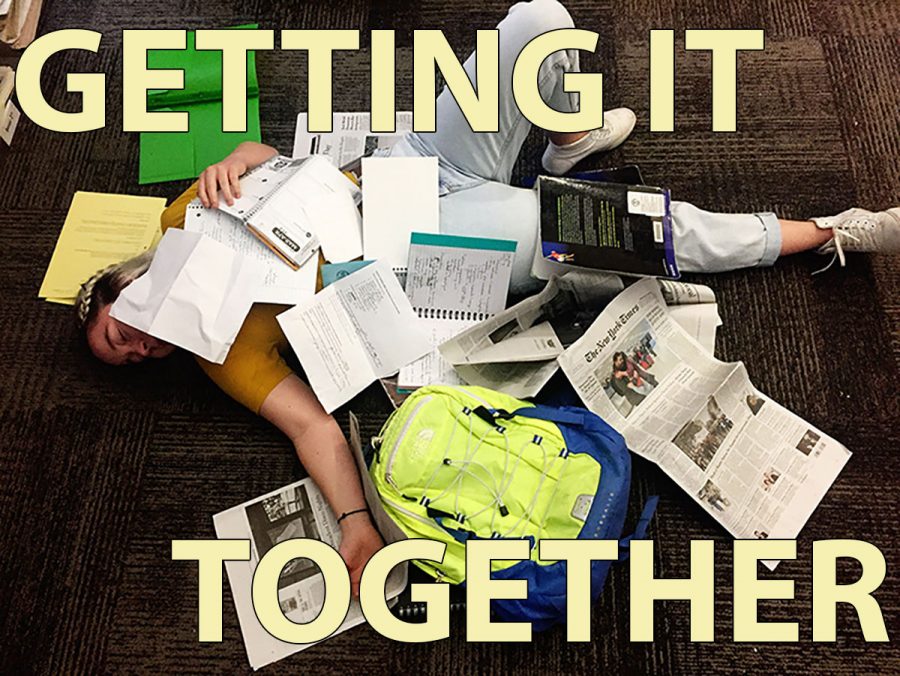Memory wood sheds are probably the key
One girl’s expedition into the uncharted territory of being a fully functioning member of society
More stories from Faith Hultman
As it turns out, building a memory palace (or wood shed) requires a lot of mental gymnastics.
The idea of a memory palace is this: Someone builds an imaginary structure or route and stores anything and everything they need to remember within the structure. I became aware of this concept after watching the TV show Sherlock, in which the hero remembers virtually everything that happens to him by storing it in his memory palace.
I found a Wikihow article on how, exactly, one goes about saving memories in an imaginary building. It seems simple, but it requires a lot of dedication and visualization.
Memory palaces were developed by the ancient Greeks, supposedly after a man named Simonides escaped a collapsing building immediately before it crushed everyone inside. He was able to recall exactly where the guests of the dinner party he had been attending were sitting, and he was therefore able to identify the unrecognizable bodies dragged from the remains.
According to an article in The Guardian, “our most robust and powerful memory is for spaces and what happens in them. We learn their structure and contents effortlessly, absorbing hundreds of ‘facts’ without even noticing it.”
Apparently a Christian missionary to China in the middle ages, Matteo Ricci, was able to recite entire books forward and backward. He even memorized the Chinese language using his memory palace.
At the close of this week I can say I have not yet successfully created a memory palace, but I have begun to visualize one of my own, which I am convinced is going to be a useful study tool and life skill.
If people throughout history have been able to memorize entire languages and books, I should be able to memorize basic facts about biology.
I will keep working on my memory palace throughout the semester, and within the next six or approaching weeks we should be able to know if this technique is one that will work long-term.
As for next week, as I continue to build my memory palace and set “if-then” goals, I’m going to also dress like Harry Styles.
Harry Styles is an icon. He was part of the most successful boy band in history, has recently released an incredible single, and has a role in an upcoming film directed by Christopher Nolan. If there’s anyone I should by trying to emulate, it’s him.
Having a definable aesthetic is, at least in my opinion, one definitive sign of having a put-together life. Instead of making my own, I’m going to steal Harry Styles’ for the next week because, just maybe, if I look like a star I’ll become one.
Does it work? Is this the week I turn myself around for good? We’ll find out. It’s a desperate world out there folks; stay on top of it.

